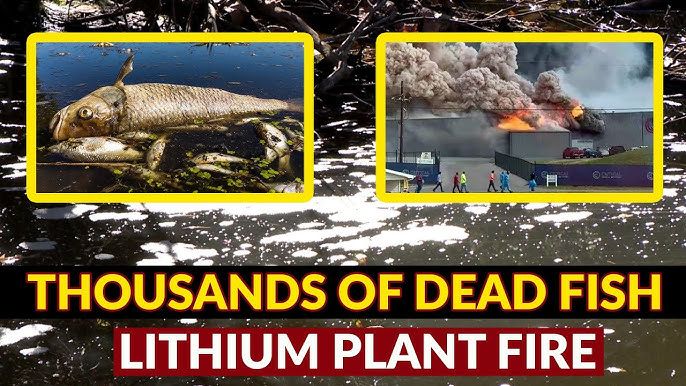Grumpier Old Men
So no, it's not an action or western movie, but it is a classic only Boomers will appreciate.
The more things change, the more they stay the same in Wabasha, Minnesota. The uncatchable fish named Catfish Hunter grows fatter. The wisecracks, zingers and put downs pile up like freshly raked leaves. And GRUMPY OLD MEN become grumpier in the sequel that's "pure delight, a wonderfully warmhearted comedy" (David Sheehan, CBS-TV). Grabbing fishing rods and picking up where they left off, JACK LEMMON and WALTER MATTHAU reel in another comedy winner as GRUMPIER OLD MEN. ANN-MARGRET, DARYL HANNAH, KEVIN POLLACK and BURGESS MEREDITH also return to the Land of 10,000 Lakes to reprise their roles. And SOPHIA LOREN is the newcomer whose plan to turn the town's beloved bait shop into a ristorante sends the old boys into a tizzy. Be advised: a tizzy is very contagious. Get ready to laugh. And stay tuned for the outtakes, including "man-sized manicotti!" "Better, funnier and even grumpier than the original." - Joel Siegel, GOOD MORNING AMERICA/ABC-TV
Grumpier Old Men
So no, it's not an action or western movie, but it is a classic only Boomers will appreciate.
The more things change, the more they stay the same in Wabasha, Minnesota. The uncatchable fish named Catfish Hunter grows fatter. The wisecracks, zingers and put downs pile up like freshly raked leaves. And GRUMPY OLD MEN become grumpier in the sequel that's "pure delight, a wonderfully warmhearted comedy" (David Sheehan, CBS-TV). Grabbing fishing rods and picking up where they left off, JACK LEMMON and WALTER MATTHAU reel in another comedy winner as GRUMPIER OLD MEN. ANN-MARGRET, DARYL HANNAH, KEVIN POLLACK and BURGESS MEREDITH also return to the Land of 10,000 Lakes to reprise their roles. And SOPHIA LOREN is the newcomer whose plan to turn the town's beloved bait shop into a ristorante sends the old boys into a tizzy. Be advised: a tizzy is very contagious. Get ready to laugh. And stay tuned for the outtakes, including "man-sized manicotti!" "Better, funnier and even grumpier than the original." - Joel Siegel, GOOD MORNING AMERICA/ABC-TV













